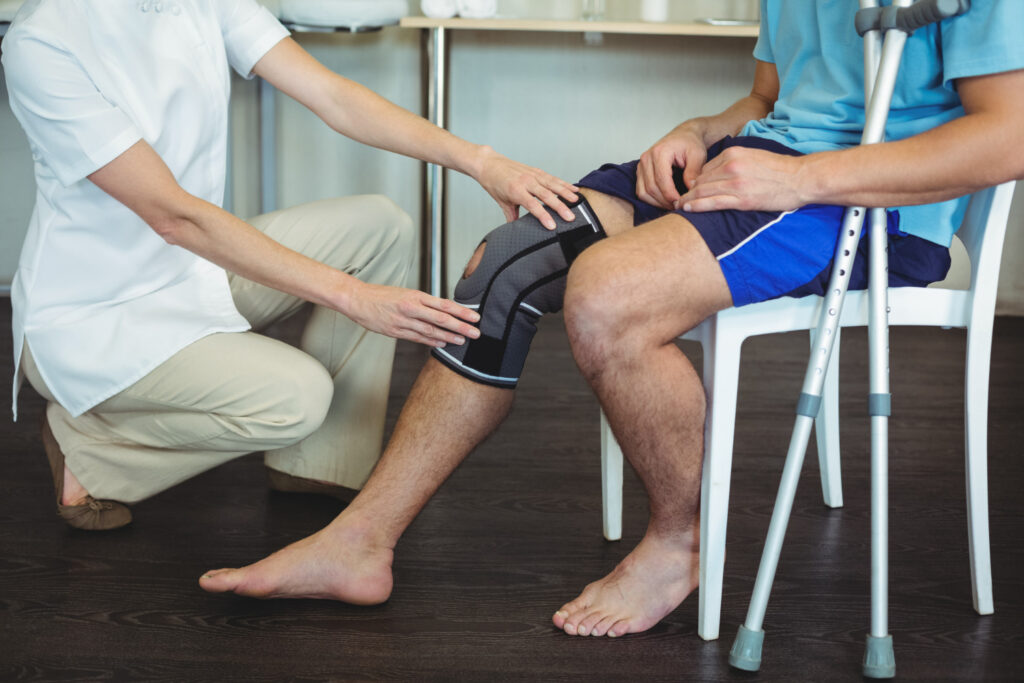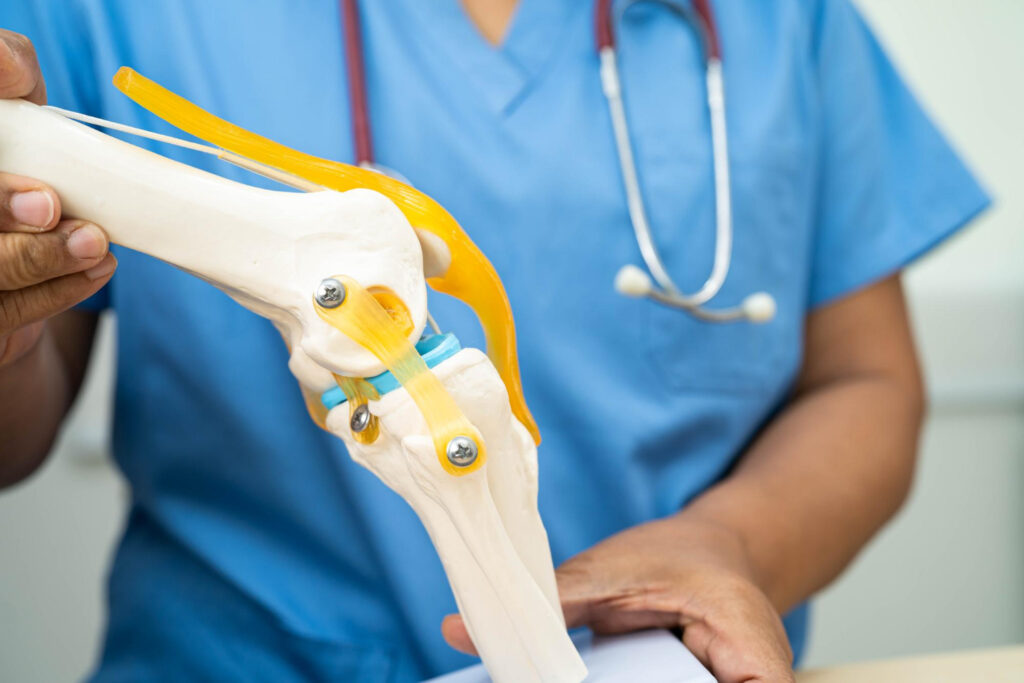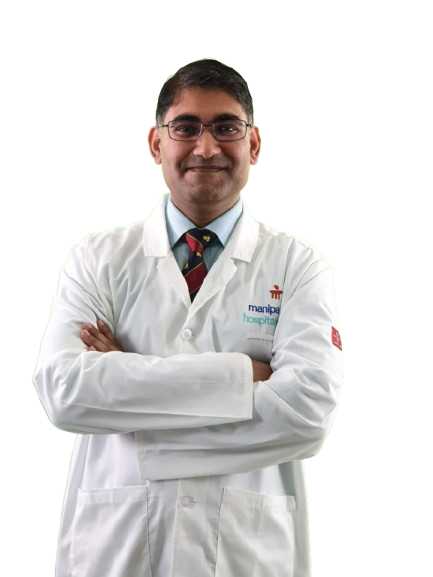Frequently Asked Questions
Find answers to the most common questions about our services, appointments, and healthcare support to help you get the information you need quickly and easily.
An orthopaedic doctor specialises in diagnosing and treating issues related to the bones, joints, muscles, ligaments, and tendons. They manage conditions like arthritis, fractures, sports injuries, and spine problems.
You should see an orthopedic doctor if you experience persistent joint or bone pain, difficulty moving, swelling after an injury, or if pain affects your daily activities.
In India, common orthopedic issues include arthritis (especially knee and spine), fractures, back pain, osteoporosis, and sports injuries. Sedentary lifestyle and aging contribute to these conditions.
No, you can directly consult an orthopedic specialist in most hospitals or clinics in India without a referral.
Knee pain while climbing stairs is often caused by conditions like early-stage osteoarthritis, patellofemoral pain syndrome, or cartilage wear and tear. A proper diagnosis is essential for treatment.
Cold weather can cause joint stiffness and pain due to decreased circulation, fluid thickening in joints, and reduced physical activity. People with arthritis often feel worse in winter.
Most fractures take about 6–8 weeks to heal, depending on the severity, location, and your age. Proper rest, nutrition, and sometimes physiotherapy are key to recovery.
No, early to moderate arthritis can often be managed with medication, exercise, weight loss, and physiotherapy. Surgery is considered only when other treatments fail.
Osteoporosis often has no symptoms until a fracture occurs. Early signs can include back pain, loss of height, or fragile bones that break easily. A bone density test can confirm it.
The average cost of knee replacement surgery in India ranges from ₹1.5 to ₹3.5 lakhs per knee, depending on the city, hospital, surgeon, and implant quality.
Yes, children can have orthopedic issues like flat feet, knock knees, scoliosis, and limb length differences. Pediatric orthopedic care is important for early diagnosis and correction.
In young adults, back pain is commonly caused by poor posture, prolonged sitting, lack of exercise, or herniated discs. It can often be treated with physical therapy and posture correction.
To prevent joint pain, stay active, maintain a healthy weight, eat a calcium- and vitamin D-rich diet, avoid smoking, and do joint-strengthening exercises regularly.
Yes, physiotherapy is often essential after surgeries like joint replacements or ligament repairs. It helps restore movement, reduce pain, and speed up recovery.
Calcium and vitamin D are vital for bone health. In some cases, doctors may also prescribe magnesium or vitamin K2. Always consult a specialist before starting supplements.
Blog News
Articles
Revision Joint Replacement Surgery | Cost…
REVISION JOINT REPLACEMENT Joint Replacement is one of the most…
Knee Replacement in Baner, Pune
KNEE REPLACEMENT “Total knee replacement is a surgical procedure of…



